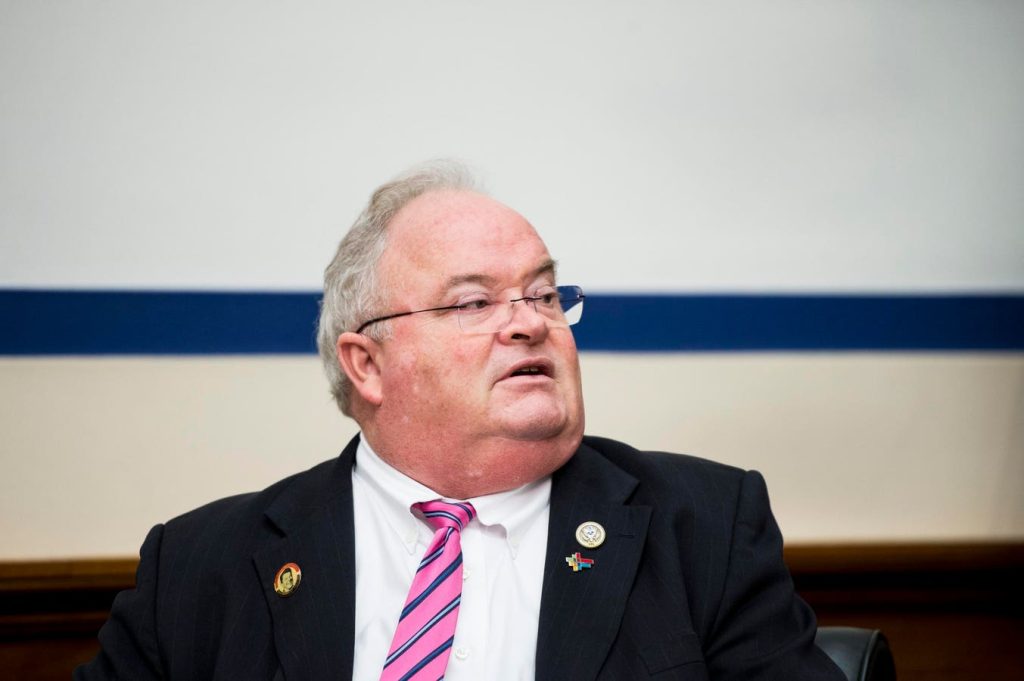Robert E. Hannegan’s brief but impactful tenure as Commissioner of Internal Revenue stands as a unique anomaly in the history of the IRS. Hannegan, a seasoned political operative rather than a tax expert, held the position for a mere three months and 14 days, the shortest term of any commissioner. His appointment in 1943 marked a departure from the established practice of selecting individuals with extensive backgrounds in tax law or accounting, harkening back to an earlier era when political connections often trumped technical expertise. Hannegan’s story is one of political maneuvering, personal loyalty, and a surprising commitment to customer service within the traditionally austere confines of the tax agency.
Hannegan’s ascent to the commissionership was largely orchestrated by his close friend and political ally, then-Senator Harry Truman. Hannegan, a former Democratic ward boss in St. Louis, had played a crucial role in Truman’s political career, most notably in securing his re-election to the Senate in 1940 against a backdrop of scandal. When Hannegan found himself out of a job following a failed political gambit in Missouri, Truman leveraged his influence to secure him the position of Collector of Internal Revenue in St. Louis. Despite facing criticism for cronyism and lacking any significant experience in tax administration, Hannegan surprised his detractors by dramatically improving the performance of the St. Louis office, earning praise for his focus on efficiency and customer service.
Hannegan’s success in St. Louis, coupled with the impending departure of the sitting commissioner, paved the way for his rapid promotion. Despite further accusations of political favoritism, Hannegan was confirmed by the Senate and assumed the role of Commissioner of Internal Revenue. His brief tenure was marked by a continuation of the customer-centric approach he had implemented in St. Louis. He emphasized politeness and a “friendly and personal tone” in all communications with taxpayers, a significant shift from the typically impersonal and often adversarial relationship between the tax agency and the public. While some viewed these changes as superficial, others lauded Hannegan as a refreshing presence at the helm of the IRS.
However, Hannegan’s heart lay in politics, not tax administration. Just months after becoming commissioner, he resigned to take the helm of the Democratic National Committee at the behest of President Roosevelt. This move marked a return to the political arena where he truly excelled. Hannegan played a pivotal role in securing Truman’s vice-presidential nomination in 1944, a decision that would ultimately elevate Truman to the presidency upon Roosevelt’s death in 1945. This strategic maneuver solidified Hannegan’s place as a key architect of Truman’s political destiny.
As chairman of the DNC, Hannegan further cemented his political legacy. He orchestrated Roosevelt’s successful re-election campaign in 1944 and subsequently served as Postmaster General under Truman. However, his political fortunes waned following the Democratic Party’s significant losses in the 1946 midterm elections. Facing criticism and health challenges, Hannegan resigned from his political posts in 1947, marking the end of his public career.
Hannegan’s story is a fascinating illustration of the intersection of politics and administration. His appointment as Commissioner of Internal Revenue, driven by political loyalty rather than technical expertise, remains an outlier in the agency’s history. Despite his short tenure, Hannegan left a mark on the IRS, introducing a focus on customer service that, while perhaps born of political expediency, offered a glimpse of a more approachable and less intimidating tax agency. Ultimately, Hannegan’s true calling was politics, and his legacy rests on his contributions to the political careers of Harry Truman and Franklin D. Roosevelt, rather than his brief foray into tax administration.

